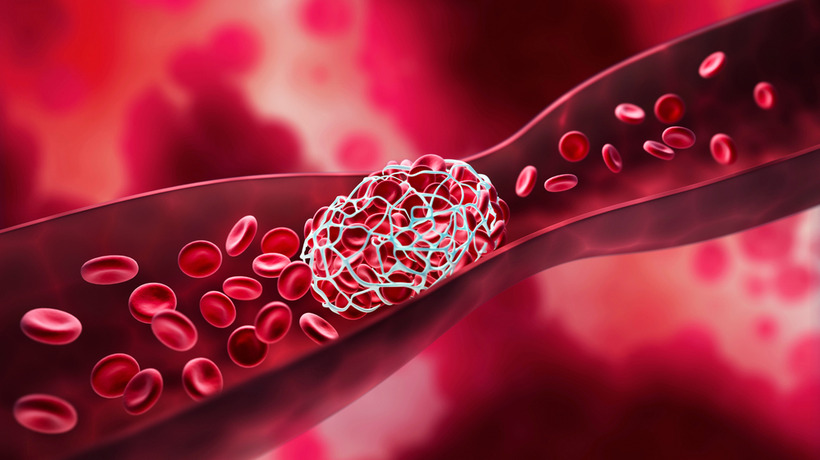Atrial fibrillation (AF or AFib) is one of the most common irregular heart arrhythmias. An arrhythmia is when the heart beats too slow or too fast.
With atrial fibrillation, blood from the upper chambers of the heart doesn’t flow correctly to the lower chambers. Atrial fibrillation may happen in brief episodes or be a permanent condition.
Atrial fibrillation may lead to future problems such as a blood clot, which can result in a stroke or cause a pulmonary embolism. It can also decrease the heart’s pumping ability and weaken the heart.
Older people are at a higher risk of developing atrial fibrillation. Those with high blood pressure, thyroid disease or who are overweight are also at an increased risk of atrial fibrillation. For some, alcohol can trigger an episode of atrial fibrillation and binge drinking further increases the risk.
Signs of atrial fibrillation
According to the Cleveland Clinic, the most common signs of atrial fibrillation are:
- Heart palpitations, sudden pounding, fluttering or racing sensation in the chest
- Lack of energy or feeling over-tired
- Dizziness or feeling light-headed
- Pain, pressure or discomfort in the chest
- Shortness of breath, having difficulty breathing during normal activities and even at rest
Atrial fibrillation prevention
According to the Cleveland Clinic, some lifestyle changes you can take to improve your heart health are:
- If your irregular heartbeat occurs more often with certain activities, avoid those activities for the time being and tell your doctor.
- Quit smoking.
- Limit alcohol intake and drink in moderation. Consult your doctor for specific alcohol guidelines
- Limit consumption of caffeine. Some people are more sensitive to caffeine than others and may notice more symptoms when using caffeinated products.
- Avoid medications which may increase the risk of irregular heart rhythms, such as stimulants used in cold medications.
- Control high blood pressure.
- Control blood sugar levels.
- Treat sleep apnea.
For more information about atrial fibrillation, visit www.Clevelandclinic.com.



